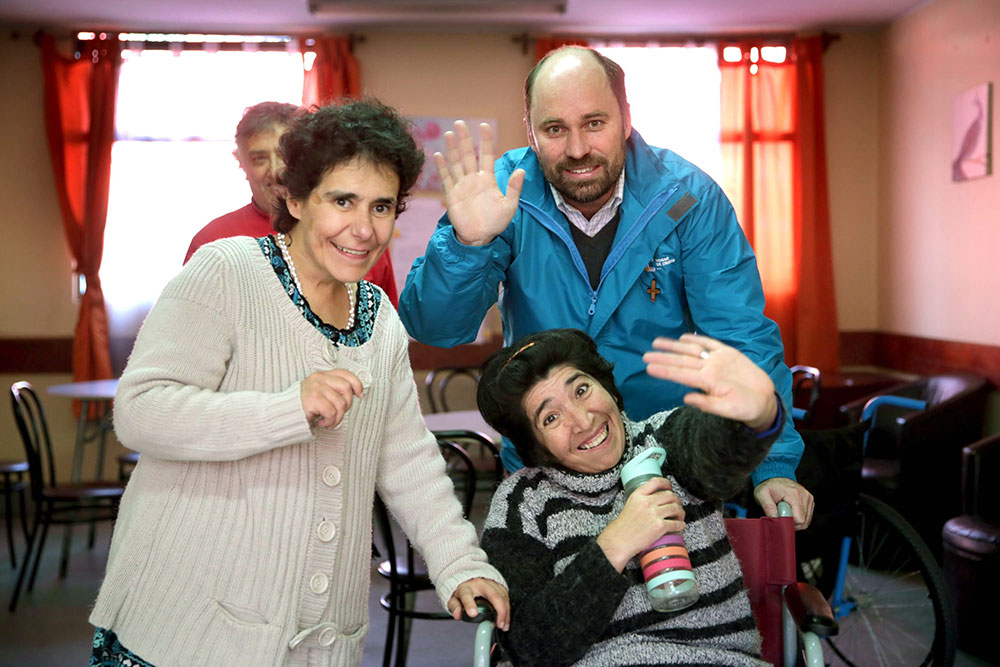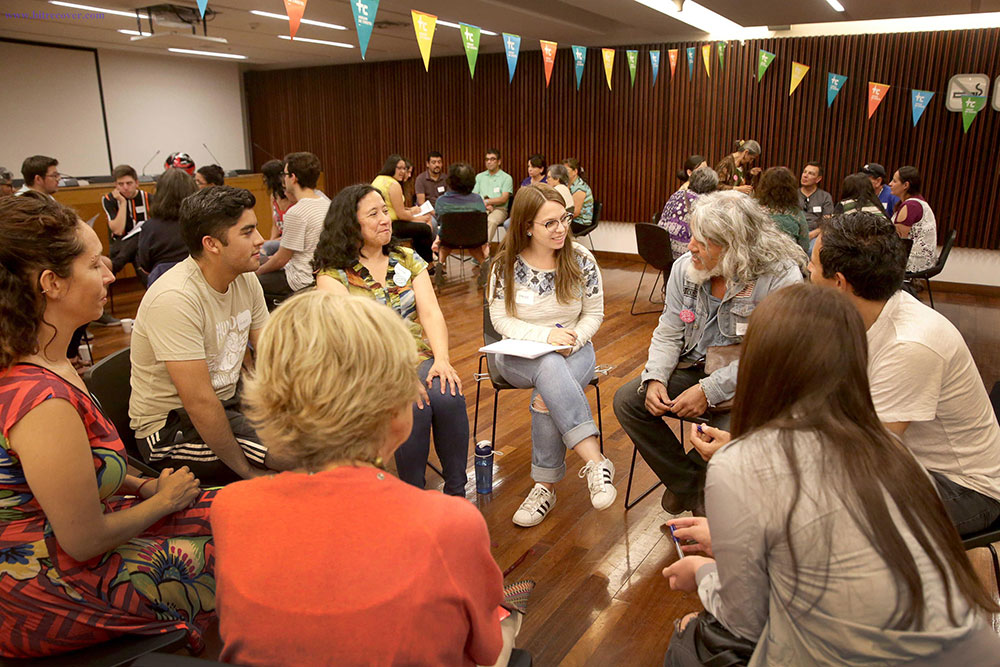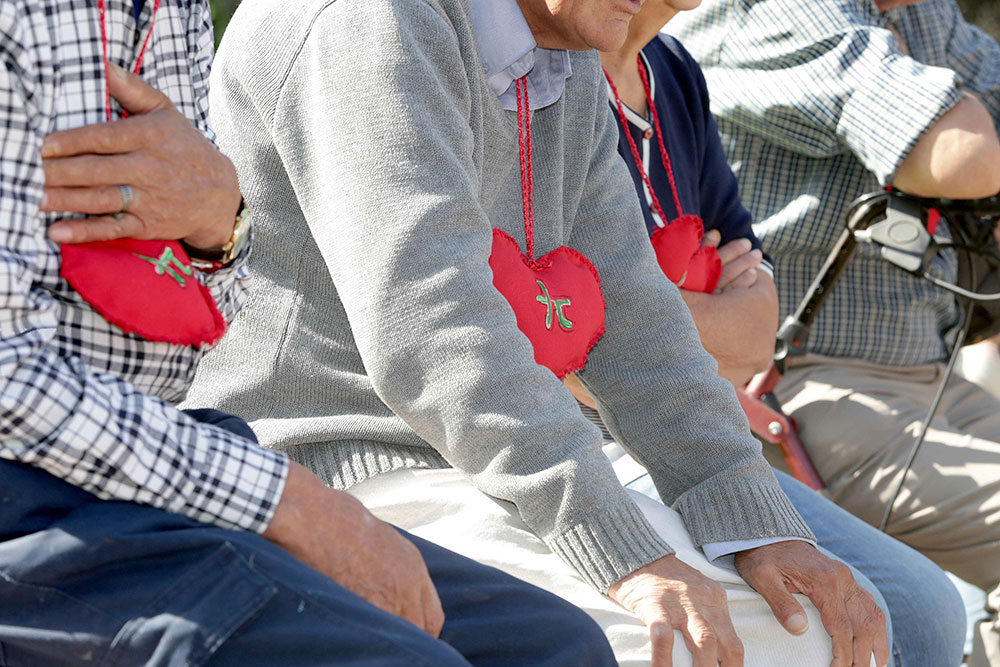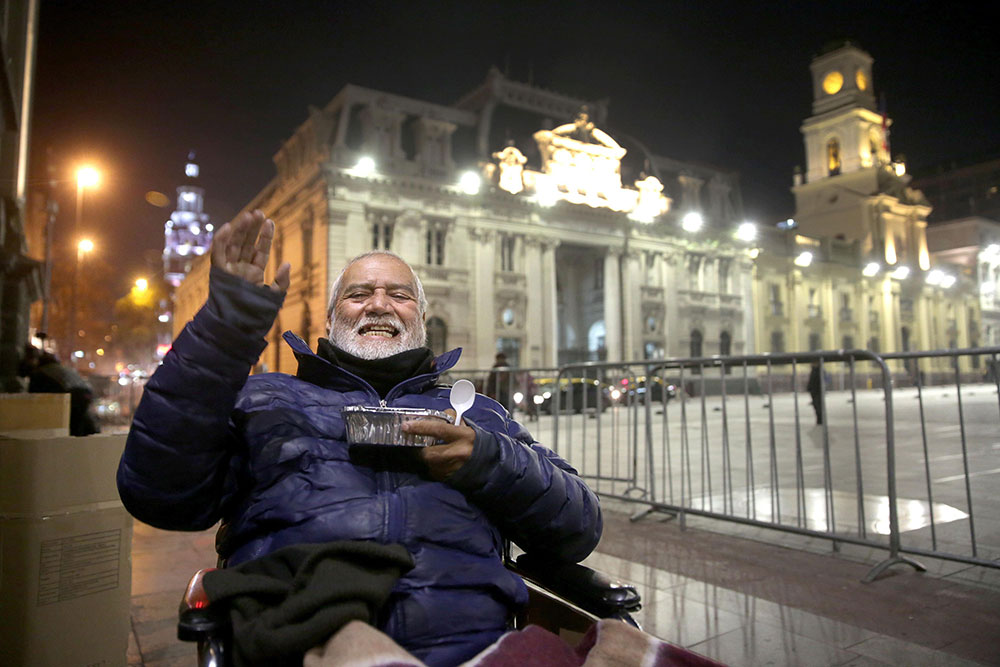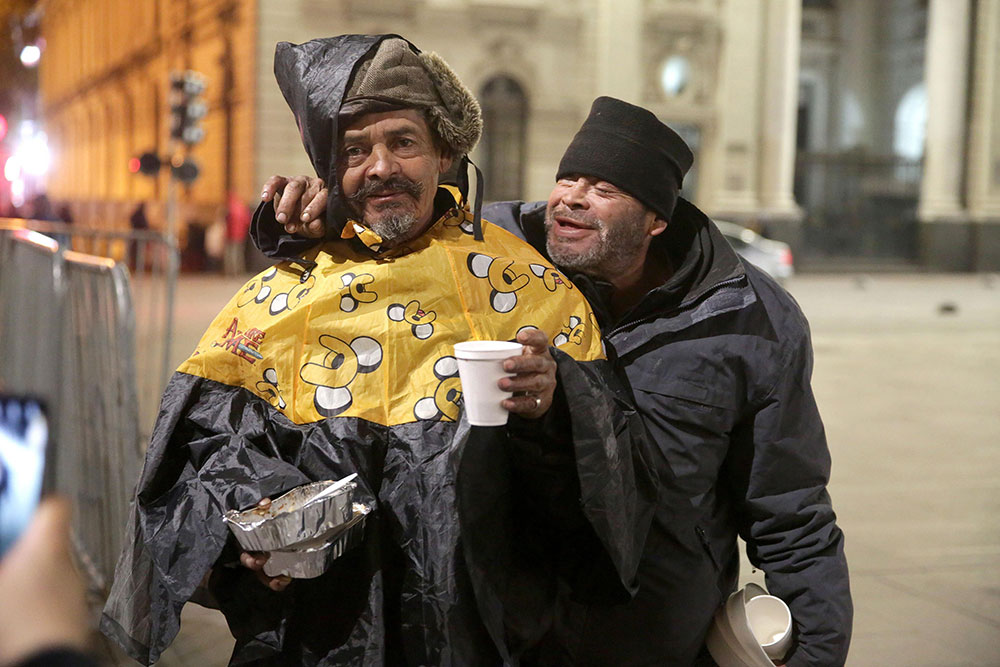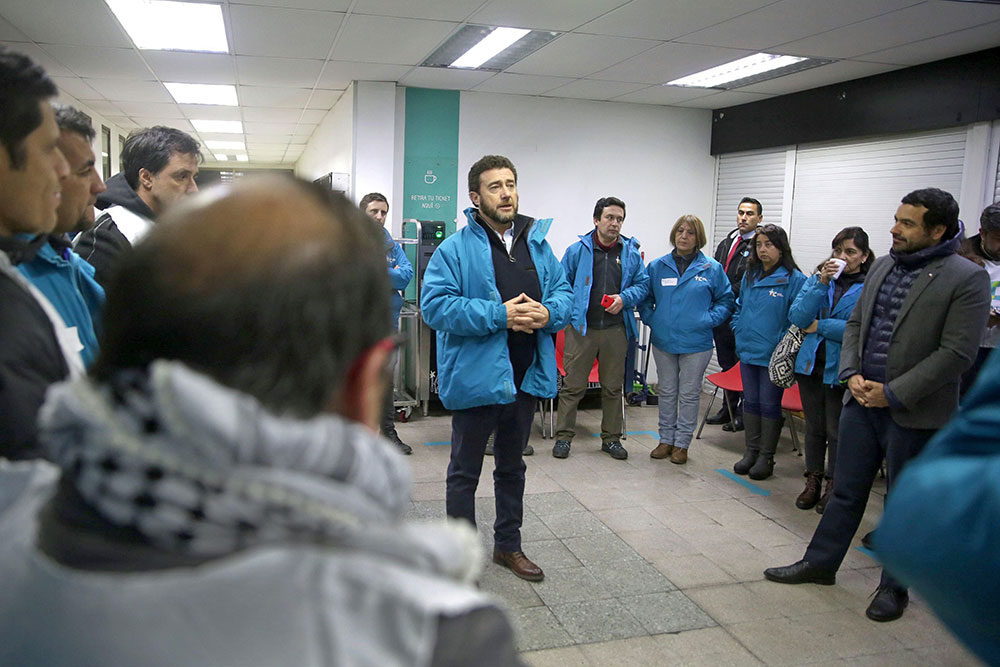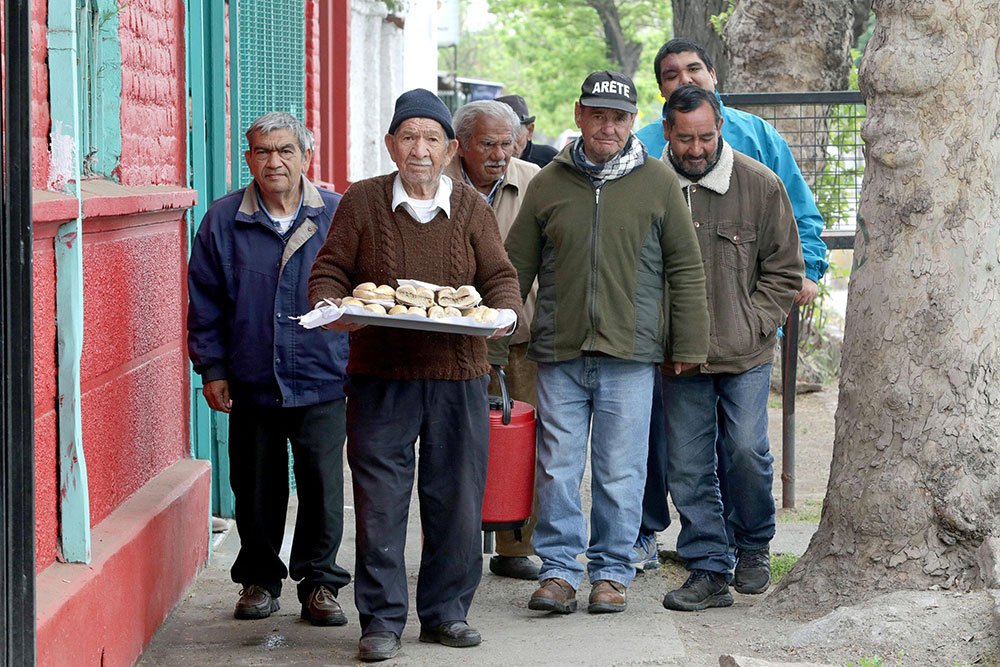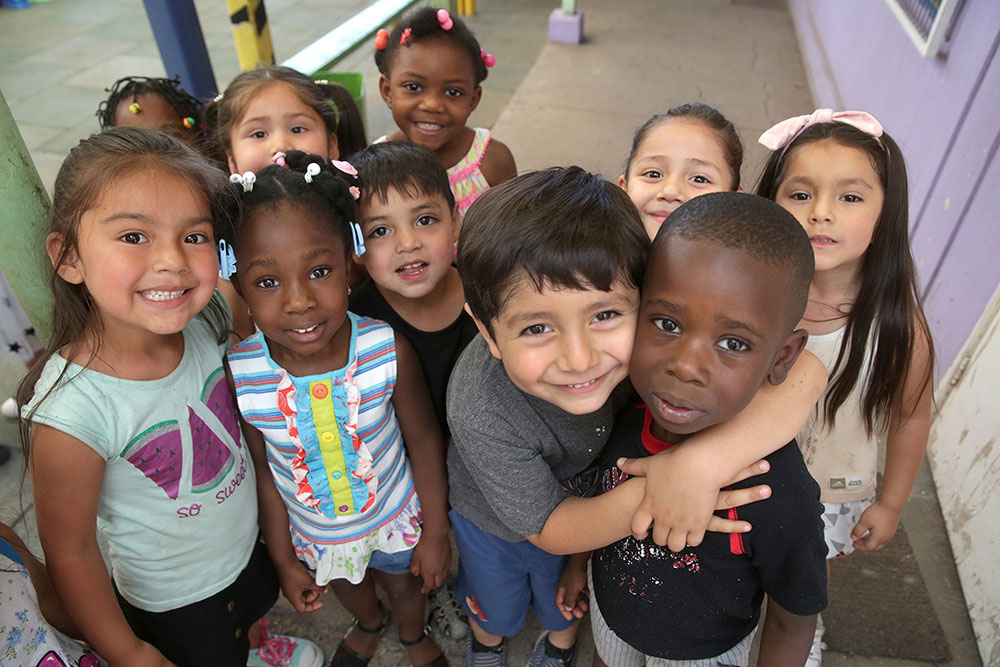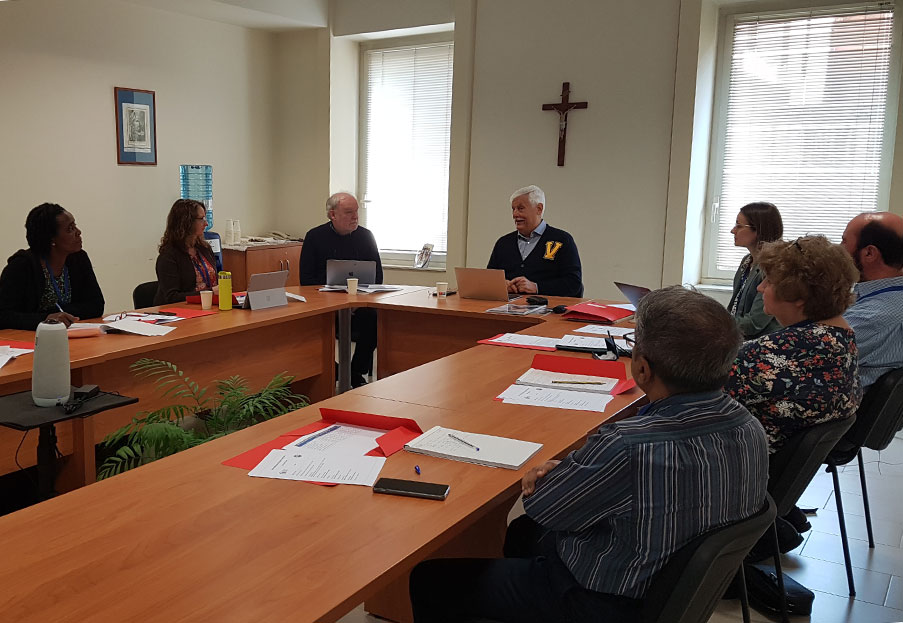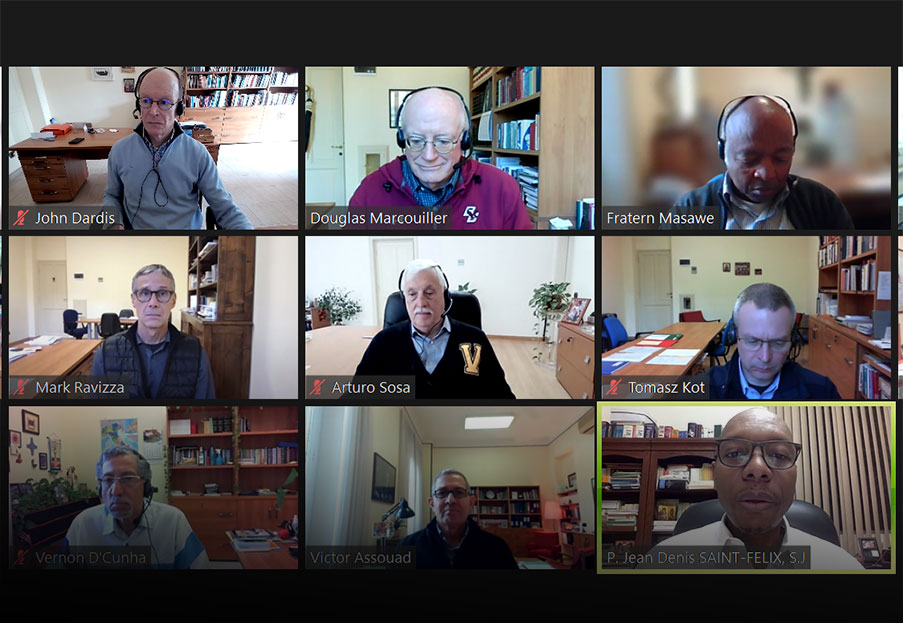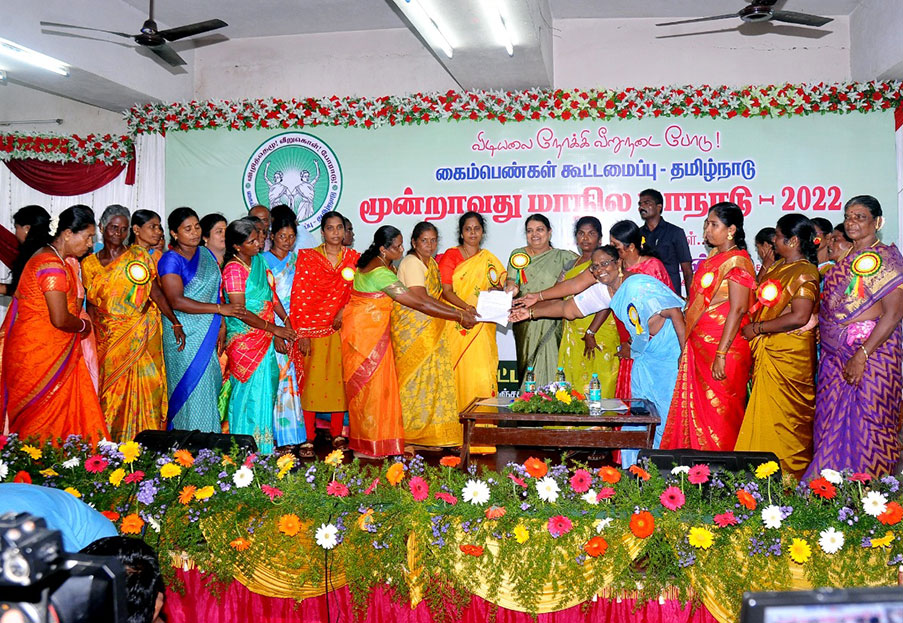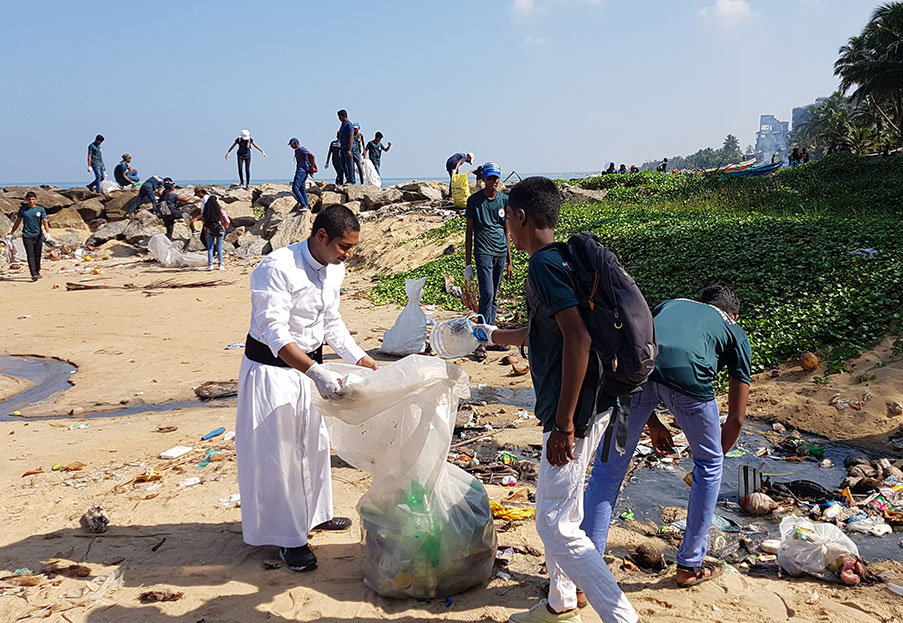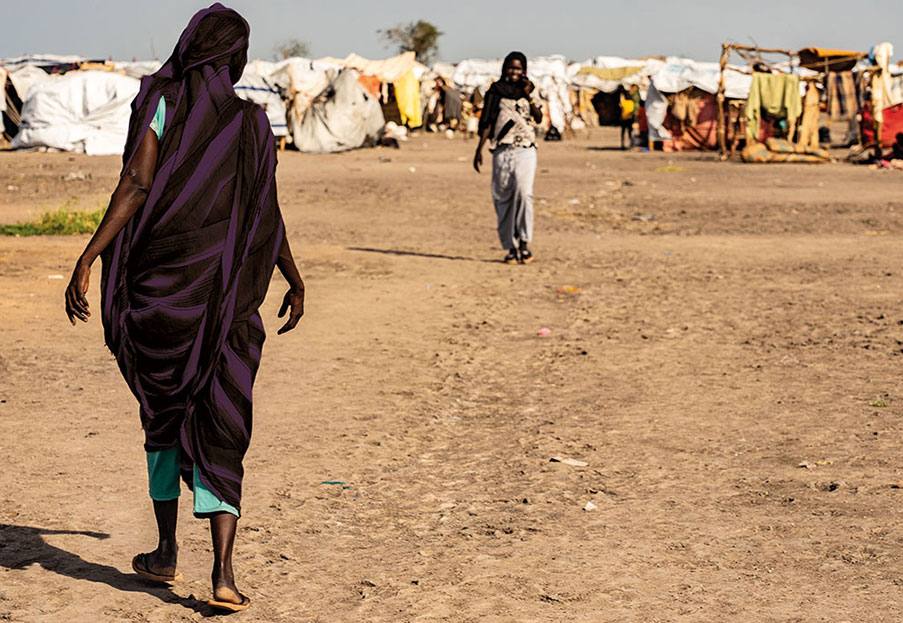Confronting and combating inequality
75 years of Hogar de Cristo in the light of the Universal Apostolic Preferences
By José Francisco Yuraszeck Krebs, SJ
[From “Jesuits 2021 - The Society of Jesus in the world”]
When in 1944, Alberto Hurtado created the Hogar de Cristo (Home of Christ), the principal kind of suffering he sought to relieve was that of the homeless, as well, of course, as indifference to their plight. In a letter written from his deathbed in August 1951, he observed, “Whenever the needs and suffering of the poor become manifest, may the Hogar de Cristo, which is the sum of the hearts of anonymous and generous Chileans, seek ways of helping them as though they were helping the Master himself.” Seventy-five years later, we can safely say that our founder’s mandate is more relevant than ever: now we are present throughout Chile, providing eight separate types of service, each corresponding to differing kinds of pain and social exclusion.
Friday, October 18th 2019, the very
date that we were celebrating in Santiago, the Chilean capital, our 75th
anniversary, saw the start of an explosive and widespread social uprising.
Chile has long been signposted as an oasis of calm amid Latin America’s
fractious social panorama, yet neither its stable macro-economy nor the healthy
reduction in poverty statistics of recent decades, nor a substantial increase
in life expectancy or a considerable improvement in subjective well-being,
seemed to be enough. A lingering inequality in various areas of daily life and
a huge burden of debt were just two of the many, subtle factors which led to a
slight rise in the cost of underground rail fares in Santiago, lighting the
spark that spread social unrest like wildfire throughout the whole of Chile. It
is within this context – which we still find somewhat puzzling – that I would
like to offer this brief outline of the activities of the Hogar de Cristo on its 75th birthday.
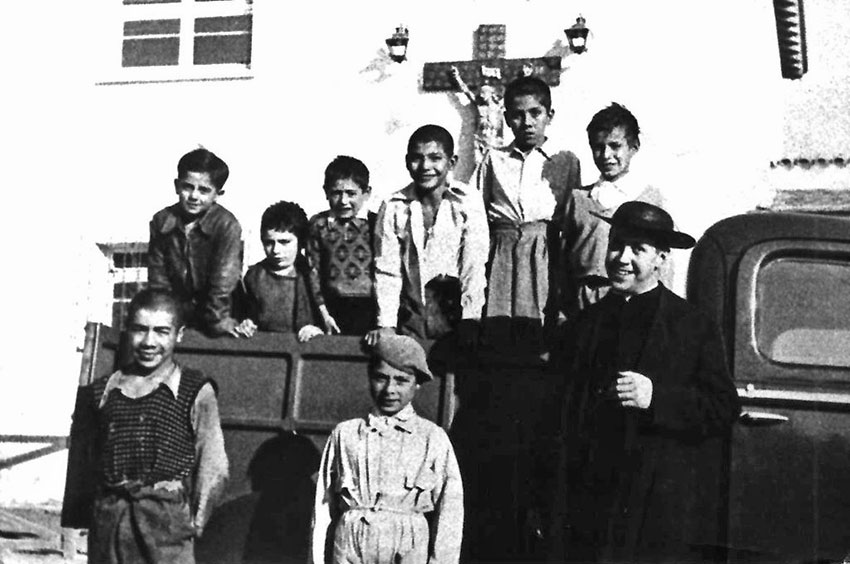
For some time, we have understood poverty to be the greatest possible violation of human rights. This has led us to deepen our engagement with all our direct social action programmes, which help, among others, the homeless, those with mental disabilities, the elderly, alcoholics and drug addicts, teenagers excluded from school, and the unemployed. The aim? To encourage those we help on their journey towards social inclusion and self-empowerment, so that, by the end of their time with us, they thrive, using their own skills, and are fully able to stand on their own two feet. In 2019, we helped more than 32,000 people. Recently, the number of migrants we assist, especially Haitians and Venezuelans, has gone up. In our refuges, programmes for the homeless, and 38 nurseries and crèches, migrants from other Latin American countries are gradually changing the ethno cultural profile of those we welcome.
As well as our direct action programmes, we also try to influence culture and public policies through our residential and day centres. We have developed several pilot initiatives in homes for children and young people, in schools for re-integrating excluded pupils and through our work with the homeless. Our aim is to innovate, build up knowledge and help transform common practices, which, in fast-changing social contexts, are not always helpful. We are in dialogue and partnership with state institutions as well as many other civic organisations, from whom we are also learning.
Within our two-fold mission of welcome and outreach, we understand volunteering as a transformational tool for individuals, which changes social structures, and instigates life-changing encounters. Although we have volunteers of every age, we prioritise outreach to schools, colleges and centres of higher education. Not only do we involve them in our own programmes, we also offer them training workshops in their own classrooms. We also reach out to individuals and businesses who can become our associates and thus financially support our activities. Currently, we have more than 300,000 associates whose contributions finance nearly 50% of our work.

We also run two other related programmes, the Funeraria Hogar de Cristo (Home of Christ Funeral Parlour) and the Fondo Esperanza (Hope Fund). The Funeral Parlour offers its services free of charge to those in need, while its paying clients partially finance the Hogar de Cristo’s social engagement programmes. The Fondo Esperanza is the largest micro-finance body in Chile: most of its 120,000 partners are women who join community banks, which back their entrepreneurial schemes, thus allowing them to support their families.
I am happy to say that much of what we are doing in the Hogar de Cristo is in harmony with the Universal Apostolic Preferences of the Society of Jesus. Some of the particular challenges which lie ahead are based on the observation that the poor are those worst affected by the socio-environmental crisis. We therefore wish to contribute to the reconstruction of the social fabric in specific regions and communities. We also feel challenged to implement good environmental policies in all our programmes. Another permanent undertaking is updating the services we offer so they are equipped to meet the new needs of the poor. In addition, within the context of the current, profound ecclesial crisis, we also sense an urgent call to renew the ways we live out the spirituality we have inherited from St. Alberto Hurtado. Following in the footsteps of our master, St. Ignatius, he shows us that love needs to be shown more through deeds than through words. For what would Christ do in our shoes?
